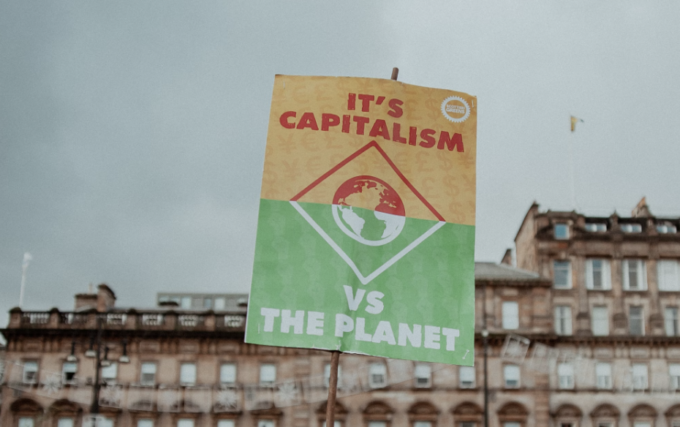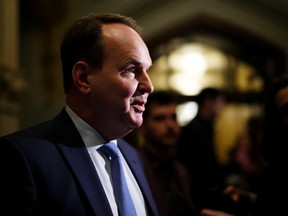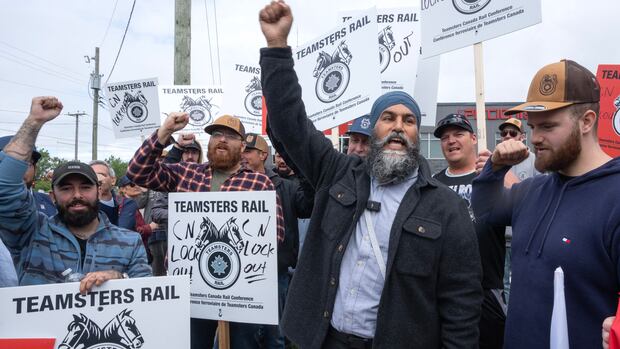Capitalism Is Killing Us

Image by William Gibson.
Neither politicians (across the continuum) nor corporate media pundits engage in meaningful public discourse on climate and the environment. They choose not to acknowledge the scope of the threat or to sincerely analyze real means of addressing the gathering onslaught. The bogus dialogue on climate is all smoke and mirrors, feeding the masses fatuous illusions—promising future technological triumphs—and wielding uncertainty as a means to disarm public ire. Our popular discussions about the environment are almost never about capitalism precisely because (in the real world, as opposed to the world of mass fantasy) it is always and obviously about capitalism.
The wealth of information on climate available at the click of a computer may be staggering, but only a few stilted, corporate approved narratives leak into the popular climate conversations featured in political debates or commercial media. Our climate stories have been mutilated, distorted or subtly degraded by the money and influence of those whose profits come from environmental destruction.
The major political parties avoid an honest evaluation of our environmental crises in the manner of a vampire cringing before a clove of garlic. Don’t hold your breath waiting for Kohei Saito or Jason Hickel to be interviewed on CNN or Fox News. Extinction Rebellion (XR) has demanded that governments tell the truth about climate overheating, but XR might as well insist that the cow jump over the moon. If the U.S. government were to voice even a timidly honest approximation of our environmental realities it would open the floodgates of its own complicity. Here are some truths that governments will never tell:
1) There is no adequate climate mitigation currently in practice anywhere on earth, and no plan to initiate any. Fossil fuels are being extracted and burned at all-time highs with no adequate regulation.
2) The sixth extinction is well underway, with species die offs now proceeding at a velocity unprecedented in geological history. (The Chicxulub meteor (Alvarez Impact Theory) would have created an even more abrupt mass extinction, however, Gerta Keller’s rebuttal to Alvarez, compellingly argues that Deccan Traps volcanism (and not a meteor) did in the dinosaurs. Until the Alvarez/Keller dispute resolves into a clear verdict, our sixth extinction ought to be awarded the interim title for murdering life on earth swiftly.)
3) CO2 concentrations are increasing at least ten times faster than during the greatest mass extinction in earth’s history—the “End Permian.” In 2023, atmospheric CO2 increased by an astonishing 4.7 parts per million.
4) Climate ruin in the Global South will create more than a billion climate refugees in the next few decades, driving fascist movements and increasing the risk of famine, genocide, and war.
5) Temperature increases as high as 5 degrees Celsius are very possible by the end of the century if governments do not cooperate and radically change course globally. It must be said, they show no signs of even considering this. A 5°C rise in temperatures transpiring over the course of a mere two centuries would make our planet uninhabitable for human civilization as we know it. Bear in mind that the volcanism driving all five mass extinctions of deep time (I am giving the nod to Gerta Keller here) transpired across hundreds of thousands of years in each instance. Capitalism can obliterate millions of species in a geological nanosecond.
6) Sea level rise could be as much as seven feet by the end of the century, displacing billions of people in coastal areas.
7) The immediate future will feature anoxic oceans, slowing of ocean currents, massive dead zones, bleached coral reefs, and the cataclysmic die-off of fish. Inland, 120,000 square kilometers turn into desert annually.
A piece by Clayton Page Aldern just published in Aeon magazine details the ways that heat impinges on neurological functioning. We have just been sent reeling by the Covid-19 pandemic that, uniquely among pathogens, has a propensity to diminish cognition. Lead, the mother of all neurotoxins, is still ubiquitous in U.S. cities thanks to austerity that prioritizes military spending and government handouts to fossil fuel companies while gutting infrastructure spending.
Leaded gasoline, banned several decades ago, caused tens of millions of global deaths and created a worldwide epidemic of brain damage simply because General Motors held the patent on tetraethyl lead and blocked the use of cheap alternatives. Many survivors of leaded gasoline, including myself, now have the task of using our injured brains to come up with a solution to our environmental crises. Increasingly brain damaged people now must tackle increasingly unsolvable environmental assaults.
Factor in pesticides, plastics, mercury and a host of agricultural contaminants that make it difficult to think straight. The bruised remnants of our minds gravitate toward the immediate relief of addictive substances. The biggest of all addictions in a capitalist universe is spending and material consumption. We can’t think about complex issues, but we can buy stuff created by fossil fuels.
With capitalism driving humanity toward a warp speed plunge into planetary ruin, our democratic systems have distilled the climate narrative into a bifurcated choice between Republican psychosis and Democratic hopium.
The Republican Party environmental narrative holds that climate change is either a complete hoax or an over-hyped inconvenience spurred by alarmists looking for academic funding. The Democratic Party narrative optimistically assumes that we merely need to defer to the free market and allow green industries to build the windmills and solar panels needed to make oil, coal, and gas obsolete. In other words, we face a certain apocalypse armed only with surrealistic fantasies.
Out of some sort of atavistic hope, I watched the Democratic Party convention searching for some glimmer of rational wisdom. How stupid of me! Conventions promote empty oratory as a matter of tradition. I ought to know by now that the soul of democracy is made out of marshmallow fluff.
There were no speeches suggesting that our politicians have been in touch with our scientists. No one mentioned the trajectory of atmospheric carbon, the future certainty of catastrophic weather or the looming extinction of myriads of species, including humanity. Hillary Clinton and Michelle Obama did not mention climate—even in passing.
A couple of millennia ago, Nero allegedly “fiddled while Rome burned,” and we still do not forgive him. Thousands of years in the future no one will be alive to hold our orchestra members accountable. For the record, Bernie Sanders did state that nothing in the Democratic Party platform is radical but “allowing polluters to destroy the planet” (he was talking about Republicans) is radical. Alexandra Ocasio – Cortez offered that Americans need “the freedom to breathe clean air and drink clean water.” Barack Obama mentioned something about “America protecting the world from climate change,” but with no elaboration. None of these one-liners counts as climate policy. Real climate policy for either party is greenwash and burn it down.
There was no talk about nationalizing fossil fuels, mobilizing all of the nation’s resources for an all-out struggle against mass extinction. None of the feel-good slogans and platitudes had been aimed at climate. I will leave the readers with an important quote:
“From this angle, it becomes clear that capitalism is highly inefficient when it comes to meeting human needs; it produces so much, and yet leaves 60% of the human population without access to even the most basic goods. Why? Because a huge portion of commodity production (and all the energy and materials it requires) is irrelevant to human well-being. Consider this thought experiment: Portugal has significantly better social outcomes than the United States, with 65% less GDP per capita. This means that $38,000 of US per capita income is effectively ‘wasted’. That adds up to $13 trillion per year for the US economy as a whole; $13 trillion worth of extraction and production and consumption each year, and $13 trillion worth of ecological pressure, that adds nothing, in and of itself, to human well-being. It is damage without gain.”
This quote is not from Kamala Harris, Joe Biden, Barack Obama, or Tim Walz. No, it is from Jason Hickel, perhaps the most lucid and charismatic voice in the movement for degrowth. He was not invited to speak at the DNC convention, and I have no reason to quote him. Forgive me.













